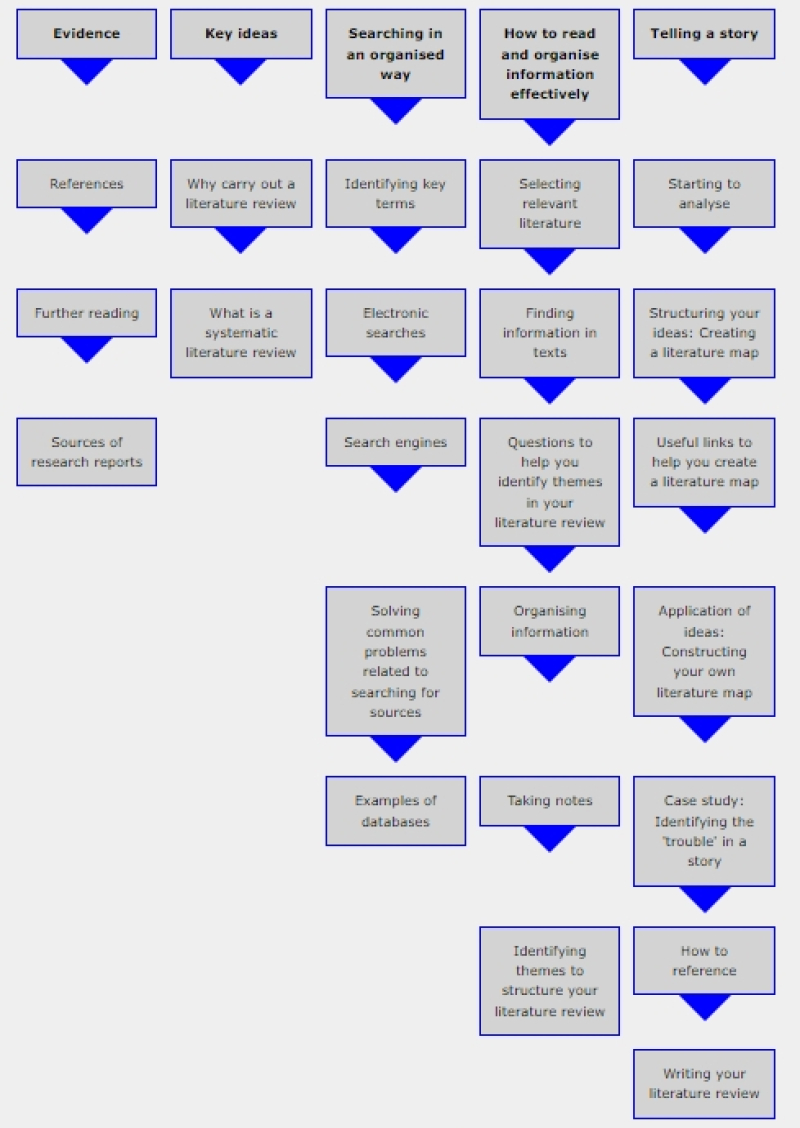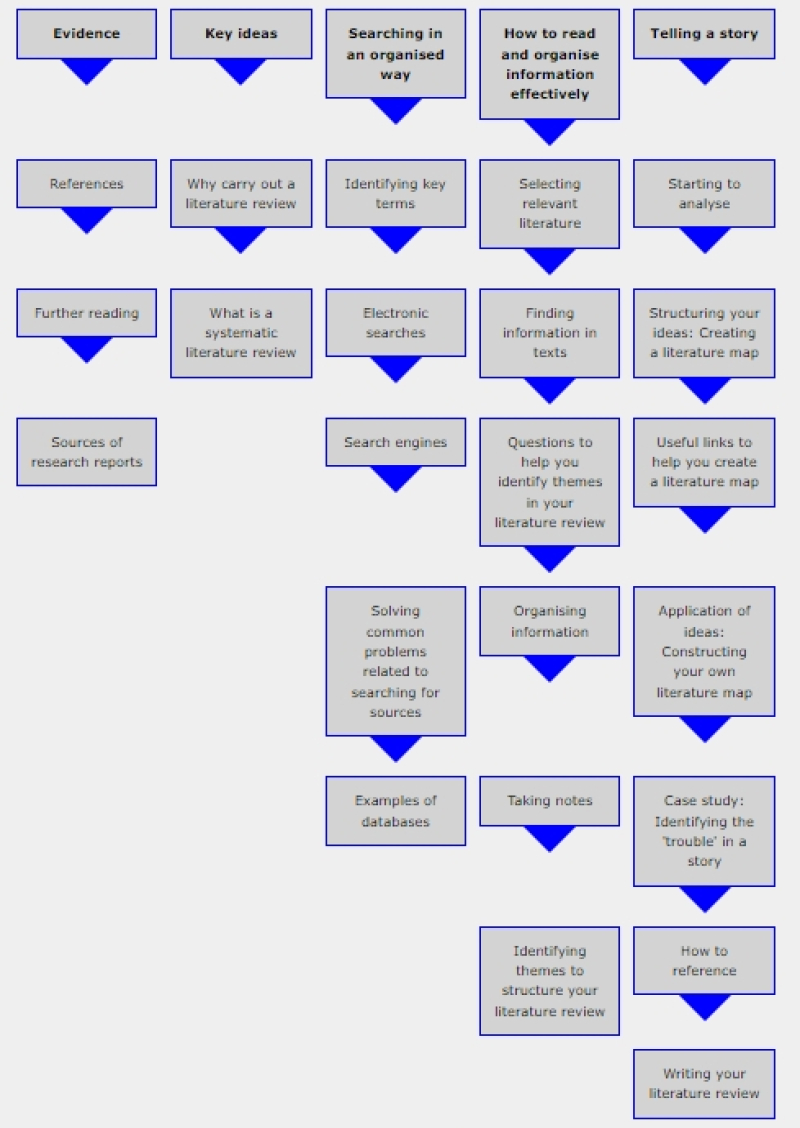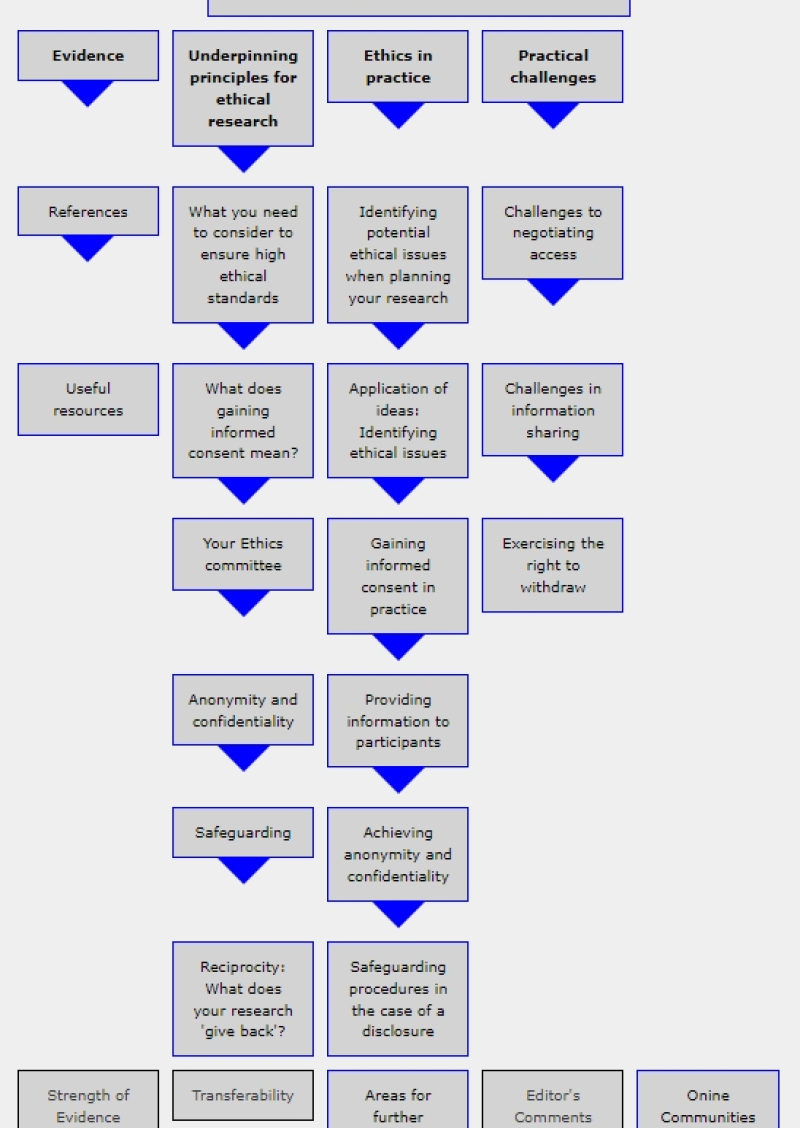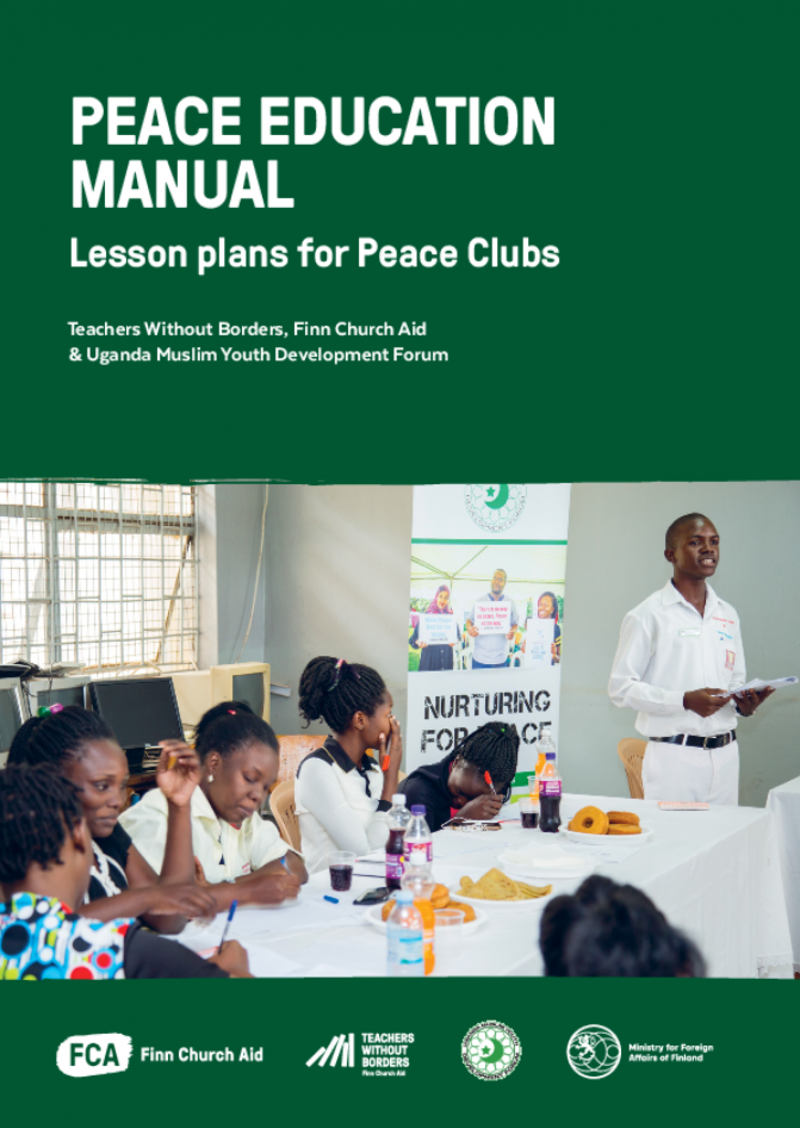Centro de Recursos para Docentes
Visualizar 1 - 6 de 6
Aprender haciendo con experiencias etnoeducativas
Esta guía a destinación de los docentes busca implementar la educación intercultural bilingüe, enfocándose en la etnoeducación afroecuatoriana. Ofrece ejemplos prácticos, orientaciones metodológicas y estrategias para ajustar los contenidos curriculares. Además, promueve la formación continua de docentes y la participación comunitaria, fortaleciendo la identidad cultural y la memoria colectiva. También sugiere el uso de herramientas tecnológicas y materiales didácticos para enriquecer el aprendizaje.
Guía docente para el desarrollo de la lectoescritura emergente. Incluye orientaciones para su tratamiento en contextos bilingües
Guía de apoyo al trabajo docente, cuyo contenido fortalece las competencias metodológicas de los docentes para orientar el desarrollo de habilidades de la lectoescritura emergente, en el idioma materno, de las niñas y niños atendidos en el nivel de preprimaria. La guía está estructurada en dos partes:
I parte: fortalece los conocimientos acerca de la competencia de lectoescritura y de la etapa de lectoescritura emergente en particular, enfatiza el papel que juega la escuela y la importancia de aprender en el idioma materno.
II parte: describe las habilidades de la lectoescritura emergente y para cada una, sugerencias de actividades para realizar en el aula. Además, ofrece orientaciones específicas para desarrollar estas habilidades en contextos bilingües.
Research Methods: Developing your research design
This MESHGuide is designed to provide teachers with practical strategies to develop interesting and relevant research questions and to formulate a research design to engage in research-informed practice in their school or setting.
This MESHGuide draws on a range of key literature in the field of social science research, and it has been informed by lessons learned from the author's research. The guide aims to help teachers to:
- understand the purpose of a research design
- understand the significance of formulating a research question
- develop the initial focus of your research by exploring different potential starting points for this
- understand different ways of categorising research questions
- identify the characteristics of good research questions and apply these in practice
- develop and evaluate your own research questions
- operationalize your research aim so that you can develop appropriate research tools to answer your research questions by developing question-method connections in your own research
- improve your research data through understanding the nature of validity and reliability and exploration factors that could impact on these
Research Methods: Doing a literature review
This guide is designed to help teachers to:
- understand how to use other people’s writing to inform their own research;
- develop a strategy for carrying out a search of the literature;
- organise the themes logically;
- evaluate the research they read;
- think about the features of a reflective literature review and explore how to achieve this in practice
This MESHGuide draws on a range of key literature in the field of social science research. Also its design has been informed by lessons learned from the author's research, which has focused on the following areas:
- developing effective collaborative learning in science
- factors influencing learning through play in the early years
- student teachers’ engagement with research and its impact on their developing practice
- constructivist informed practice in science within initial teacher education
- creativity in learning and teaching.
Research Methods- Considering Ethics in your research
This MESHGuide draws on a range of key literature in the field of social science research ethics. It is designed to help teachers to:
- Understand the significance of ethical concerns in the research process
- Identify the nature of the ethical issues that may be of significance in the design and implementation of their research
- Develop their research design in a way that takes into account ethical considerations, so that their research is as ethical as possible
- Understand the complexity of the process of gaining informed consent and enable them to achieve this
- Reflect on the complexity of research ethics
Peace Education Manual. Lesson plans for Peace Clubs
This Peace Education Manual has been developed in collaboration with Finn Church Aid (FCA) Uganda, local partner Uganda Muslim Youth Development Forum (UMYDF) and Teachers Without Borders (TWB) Network Finland.
The manual was developed to strengthen the pedagogical and methodological quality of local peace clubs during the spring and summer of 2022. The contents of the manual were successfully piloted with more than 480 young people in eight lower secondary school peace clubs established and run by UMYDF with the support of FCA in Uganda. Two of the peace clubs are located in the Bidibidi Refugee Settlement, one of the largest refugee settlements in the world.
The material consists of 34 lessons plans and is primarily aimed for young people. The different sections and activities of the material can be used flexibly in training, clubs, or, for example, as individual lessons on peace building, socio-emotional skills, conflict resolution or cooperation skills. The exercises are functional, learner-centered and emphasize active participation of youth. The material is adaptable for use anywhere in the world.
FCA and UMYDF have been working together since 2016 in Uganda to promote the positive role of youth in conflict prevention and peacebuilding. In our work, peace education is defined as a holistic, multidisciplinary and transformative process that seeks to develop capacities that promote non-violent conflict resolution, respect for human rights and active participation.





